German Start-Up Rocket Factory Augsburg Fires Up SaxaVord, Nearing First Vertical Orbital Launch
24th May 2024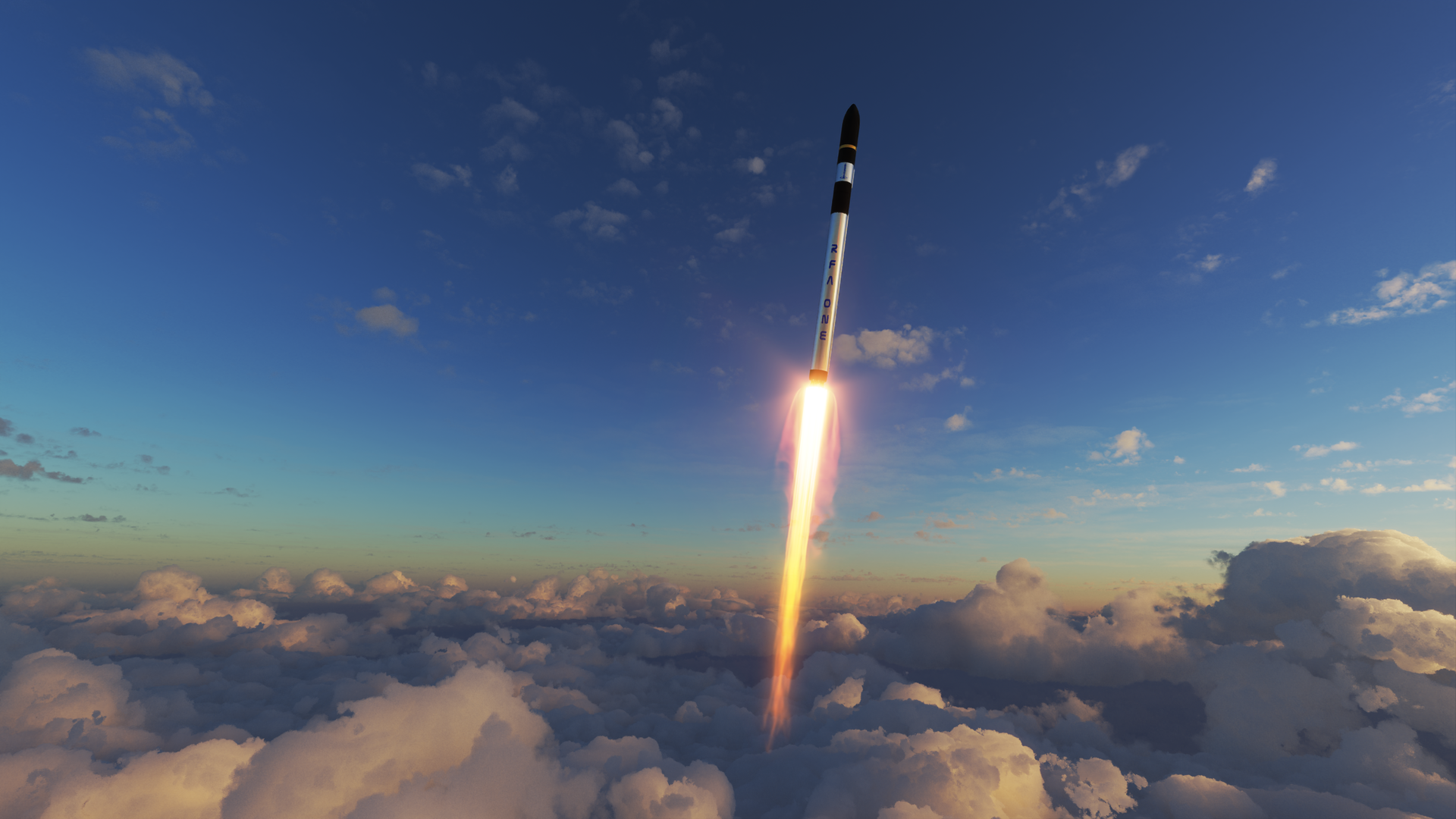
German aerospace startup Rocket Factory Augsburg (RFA), based in Augsburg, has released footage of the successful static fire test of the first stage of its RFA ONE rocket, taking a significant step toward the UK’s first vertical orbital launch.
Introducing RFA One: A Game-Changer in Space Access
RFA, established in 2018, is one of the innovative startups aiming to revolutionize space access by developing a cost-effective launch vehicle for small satellites destined for low-Earth orbit. This vehicle, known as RFA One, showcases advanced engineering and thoughtful design to meet the growing demands of the space industry.
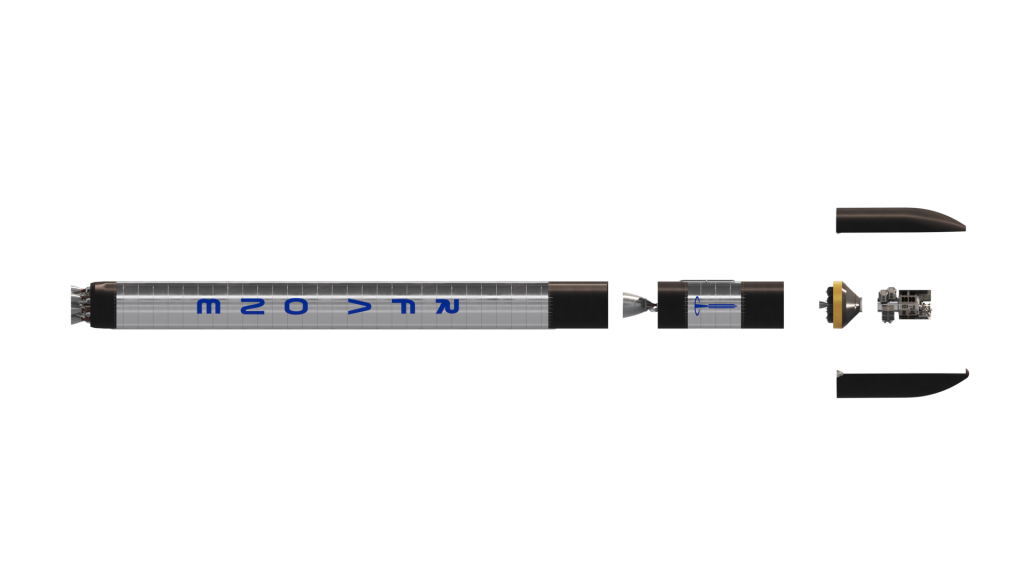
The RFA One rocket features a versatile two-stage design, with an option to incorporate a third stage for additional capabilities. In its three-stage configuration, the rocket stands 30 meters tall and has a diameter of 2 meters. It utilises kerosene as its fuel and liquid oxygen as the oxidiser, a combination known for its efficiency and performance.
In its most capable configuration, the RFA One can deliver a payload of up to 1,600 kg to low-Earth orbit (LEO), 850 kg to a 2,000-kilometer polar orbit, 450 kg to a geotransfer orbit, and up to 150 kg on a trajectory to the Moon. Impressively, the startup aims to offer these launches at a competitive cost of approximately 3 million euros.
First Stage Victory
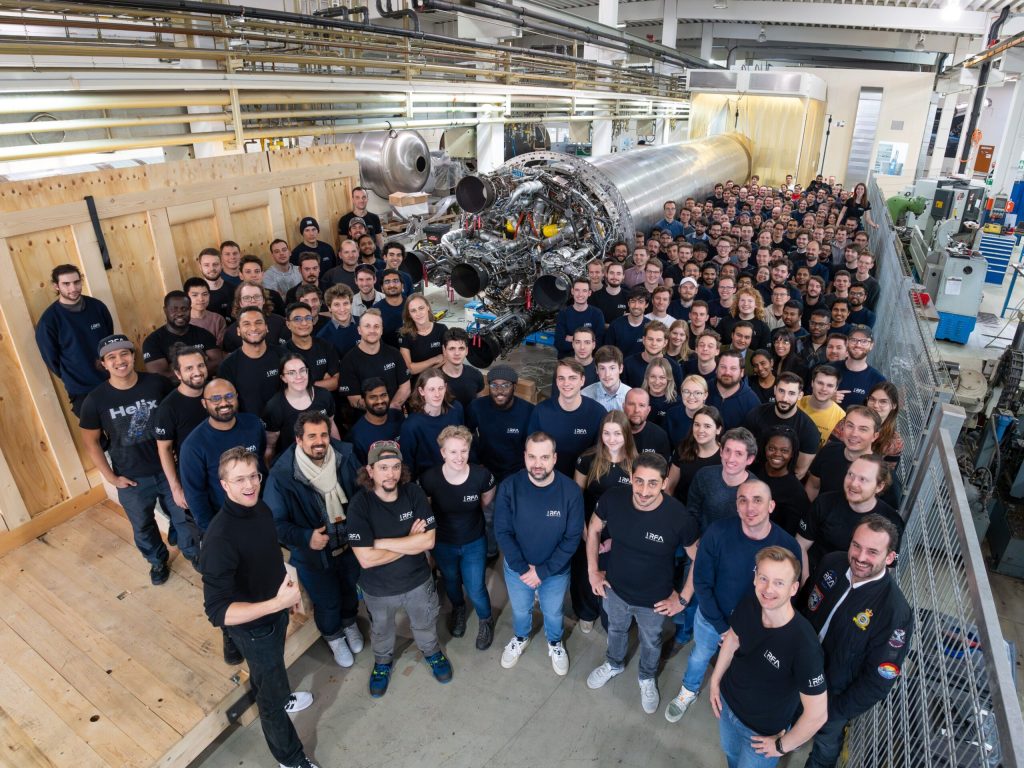
RFA has made significant progress in testing its technologies. In 2022, the company successfully conducted fire tests of its Helix engine, which powers both the first and second stages of the RFA One. This achievement was followed by a successful test burn of the second stage in 2023.
A year after RFA announced a multi-year partnership deal with Rocket Factory Augsburg and SaxaVord Spaceport, RFA tested four Helix engines installed on the first stage of the rocket at the SaxaVord spaceport on the Shetland Islands.
The engines were ignited sequentially, each four seconds apart, with all engines running simultaneously for eight seconds and the entire test lasting 20 seconds. This rigorous test confirmed the functionality and control of the first stage and its systems, demonstrating the reliability of the Helix engine cluster.
According to RFA representatives, the test was flawless, showcasing the team’s ability to manage and control the rocket’s first stage effectively. Looking ahead, RFA plans to conduct further tests of the first stage, aiming for a successful launch into space. The inaugural flight of RFA One is currently scheduled for the second half of 2024.
Dr Stefan Brieschenk, the Chief Operating Officer and Co-Founder at RFA stated that over the upcoming weeks, they would be adding four more Helix engines to the first stage to complete the nine-engine cluster. It would be scheduled following the conclusion of the bird breeding season in SaxaVord. If these qualification campaigns prove successful, the company will be well on track to having a full stack RFA ONE ready on the launch pad in August 2024.
What About Other Launches from SaxaVord?
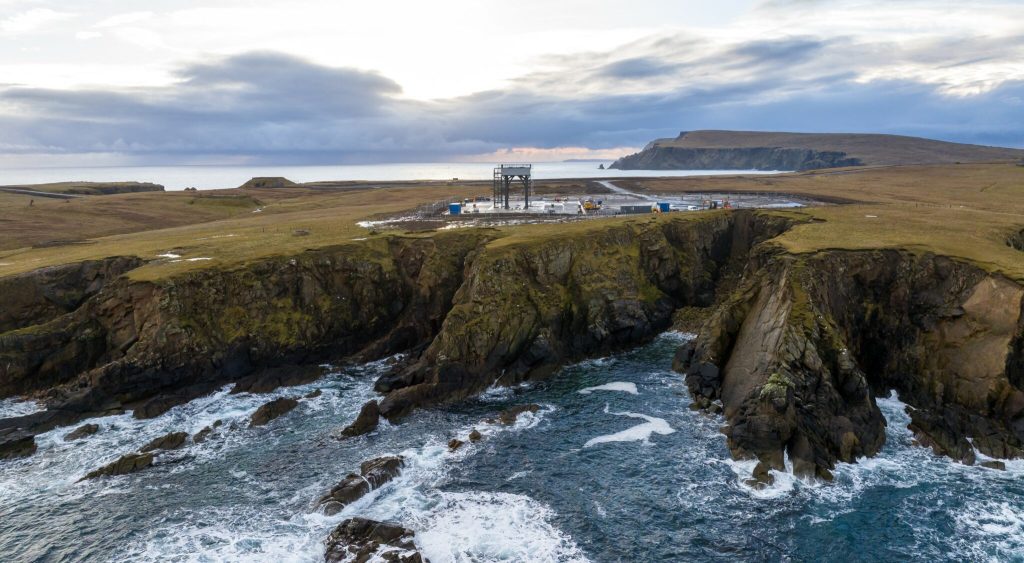
While Rocket Factory Augsburg (RFA) makes strides toward its first space flight from SaxaVord, other players in the aerospace industry are also gearing up for launches. HyImpulse, a German rocket company, sealed a partnership with SaxaVord in November 2023, securing the opportunity for two sub-orbital and one orbital launch from Shetland. Meanwhile, they seem focused on a successful test launch for the SR75 rocket and its recovery for further examination and data analysis.
Edinburgh-based Skyrora plans to utilize SaxaVord for its Skyrora XL 3-stage orbital rocket, powered by the company’s innovative Ecosene fuel, partially derived from recycled plastics. Despite a quiet start to the year without a 1st quarter update for 2024, Skyrora remains on track for its orbital aspirations, promising an environmentally conscious approach to space travel.



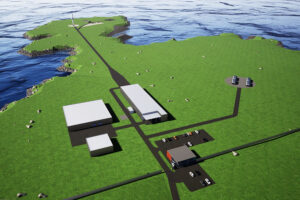


Thank you for your comment! It will be visible on the site after moderation.